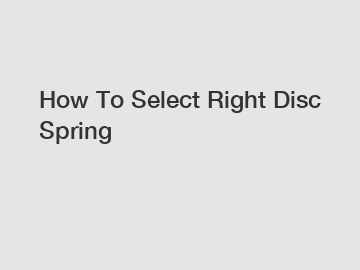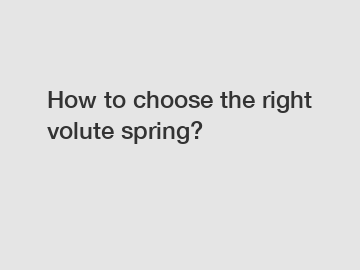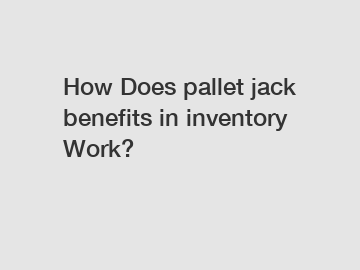The Most Common Types of Hydraulic Valves
In the hydraulics market, you can find different types of hydraulic valves by different manufacturers designed to do different things in different applications. Some hydraulic applications require an individual valve, whereas more complicated hydraulic systems could use a combination of valves to complete its function. Below we highlight some of the most commonly used valves to show how their roles vary.
As the name suggests, directional control valves are used to direct the flow of fluid through the system. These valves can control the start, stop, pause, and change in direction of flow of a pressure medium. For this reason, they are also referred to as switching valves.
The function of a directional control valve is determined by the number of working ports and the number of spool positions. A directional control valve comprises at least two-spool positions and two working ports.
The most common directional control valve is a 4/3-way valve, which means the valve has four working ports and three spool positions. The 2-way directional control valve is the simplest directional control valve that has two ports called inlet and outlet. A 3-way directional control valve has 3 working ports called inlet, outlet and exhaust. They are used in single-acting cylinders and the third working port can block the flow of all ports.

Hydraulic Pressure Control Valves
Recommended article:Is High Precision Machining the Future of Manufacturing?
Everything You Need to Know About Disc Springs Washers: FAQs Answered
Tips for Choosing the Best Longhe Attachment Contractor
materials api5ct k55
How Does efficient forklift repair services Work?
Essential Tips for Rolling Mill Reducer Maintenance
Are Big Bag Lifter Coupon Services Worth It?
Pressure Control Valves are the most common valves for controlling pressure. They include relief, reducing, sequence, counterbalance, and unloading valves. The hydraulic pressure control valve plays a vital role in preventing the leakage and bursting of pipes or tubing. Pressure control valves regulate the pressure of the fluid passing through the pipe or tubing by releasing the excess pressure. These valves maintain the pressure as entered manually by the operator.
Pressure-control valves are found in virtually every hydraulic system, and they assist in a variety of functions, from keeping system pressures at safe levels to maintaining a set pressure in part of a circuit.
The purpose of flow control in a hydraulic system is to regulate speed. Flow Control Valves control the speed of an actuator by regulating the flow rate. Flow rate also determines the rate of energy transfer at any given pressure in a system.
Flow control valves are used for controlling and adjusting the fluid or gas flow through the system. These valves can optimize the performance of your hydraulic system. Flow control valves will monitor and regulate pressure fluctuations in the system and prevent flow towards system components.
Not sure what valve to choose?
No matter the type of valve or the application,Huade has a comprehensive inventory of valves. We update our inventory daily, tracking levels at each of our warehouses. Contact us , we wil help you choose the right type valve for your specific application.
Essential Gears for Efficient Petroleum Drilling Machinery
Maximize Warehouse Efficiency with Side Shifter Attachment
How to Choose Longhe Attachments OEM Tips
How do bell washers eliminate residue buildup?
Which longhe attachment solutions are worth investing in?
Revolutionary Technology of Belleville Disc: Game-Changer or Gimmick?
From Mining to Market: The Ultimate Guide to Upgrading ...








Comments
0